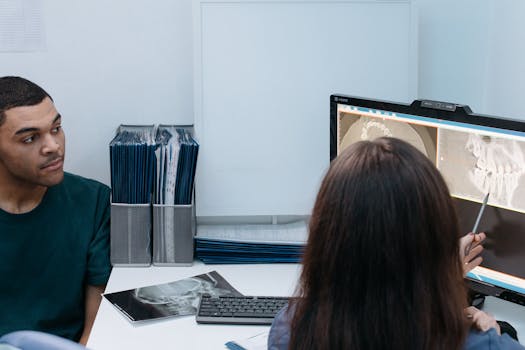You'll need to do a degree or postgraduate qualification approved by the Health and Care Professions Council to become a radiographer.
Your choice of degree course will depend on whether you want to work in diagnostic or therapeutic radiography.
You may be able to take a fast-track postgraduate qualification over 2 years if you're a health professional or have a relevant degree.
Extra student financial support may be available through the NHS Learning Support Fund.
You can also train as a radiographer in the armed forces. Find out more at:
Entry requirements
You'll usually need:
- 4 or 5 GCSEs at grades 9 to 4 (A* to C), or equivalent, including English, maths and science
- 3 A levels, or equivalent, including at least 1 science
- a degree in a relevant subject for postgraduate study




